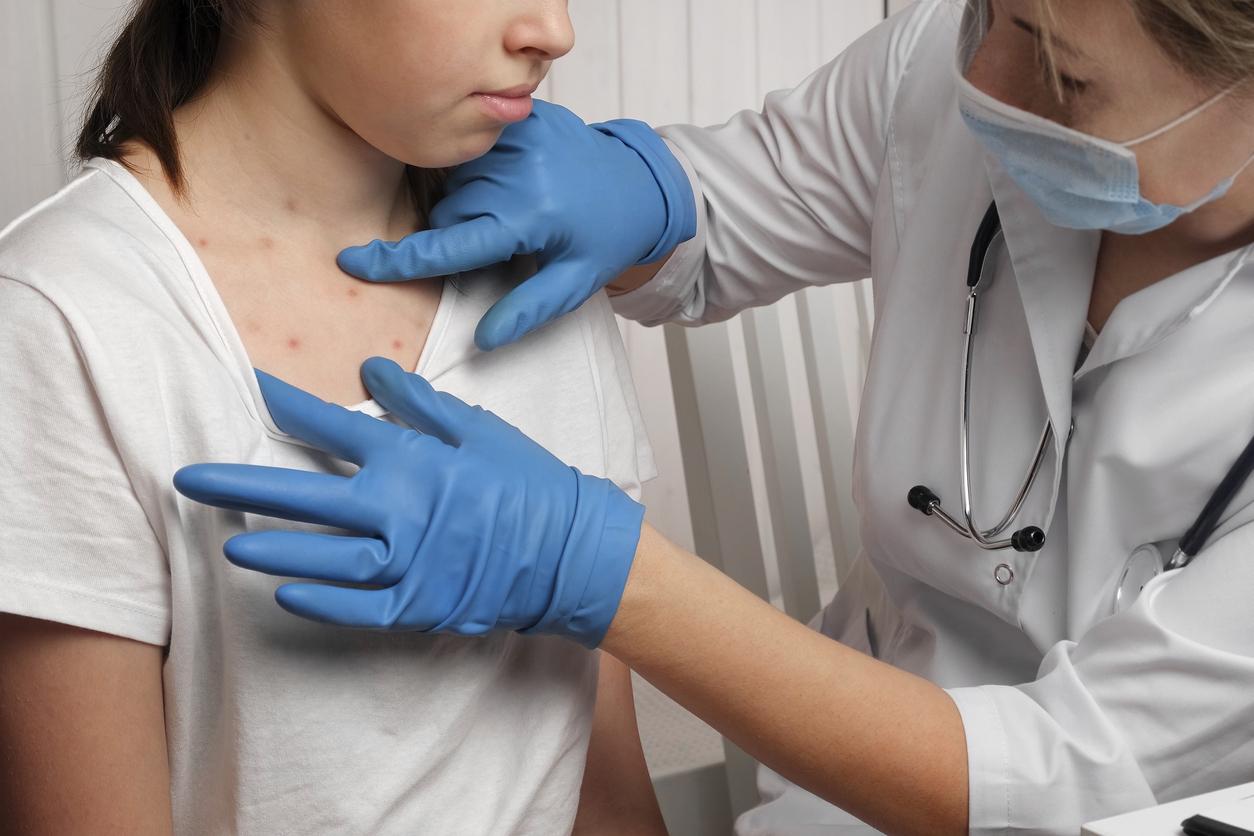A first case of mpox with the new clade 1b variant, the virus responsible for the epidemic in the DRC, has been detected in Germany.

- A first case of mpox linked to the clade 1b variant was recorded in Germany on October 18, 2024.
- German health authorities assure that “the risk to the health of the population in Germany” was “low”.
- According to the African Union health agency, 42,000 cases of mpox and around 1,100 deaths have been recorded in Africa since January.
“On October 18, 2024, an mpox infection with the new clade 1b, acquired abroad, was detected in Germany”warns the Robert Koch Health Monitoring Institute (RKI) in a press release on October 22. This is the first case of the disease, formerly called monkeypox, in the European country.
Mpox in Germany: a low risk for the population
The overseas health organization did not give details on the patient or the origin of his contamination with clade 1b. He, on the other hand, assured that “the risk to the health of the population in Germany” was “weak”, recalling that the virus is only transmitted after “close physical contact” with an infected person.
“It is assumed that the patient was infected in an East African country”a spokesperson for the city of Cologne told AFP. The RKI added that it was monitoring the situation “very close” and that its recommendations will be adapted if necessary.
This is not the first European case of mpox with the new variant. An imported case was identified in Sweden last August.

Mpox: an epidemic on the verge of becoming uncontrollable in Africa
Mpox has been circulating widely in Africa for several months. The cases are fueled by two viruses: clade 1 present mainly in central Africa as well as the new clade 1b variant. The latter, particularly virulent, mainly hits the Democratic Republic of Congo (DRC). It has also been observed in Burundi, Kenya, Rwanda and Uganda.
According to the latest figures transmitted by the African Union health agency, 42,000 cases of mpox and around 1,100 deaths have been recorded on the African continent since the start of the year. Local authorities believe the epidemic could become “out of control” soon, if no action is taken.
To try to slow the progression of the virus, a vaccination campaign was launched at the beginning of October in the Democratic Republic of Congo.
















